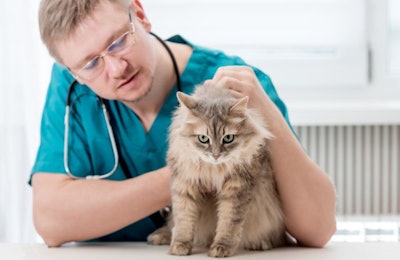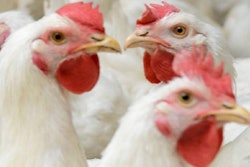
A lack of available veterinarians is a continuing problem for the turkey industry, the vice chairman of the National Turkey Federation (NTF) told members of the U.S. Senate Committee for Agriculture, Nutrition and Forestry.
The issue of veterinary care was addressed on September 25 during the committee’s “Perspectives on the Livestock and Poultry Sectors” hearing.
Debbie Stabenow, D-Michigan, the committee’s ranking member, asked witnesses about the availability of veterinarians in the areas where they live and the sectors in which they represent.
Ron Kardel, NTF vice chairman and a turkey grower for West Liberty Foods, said a dearth of veterinarians is both a geographical and industry issue. Kardel is from Walcott, Iowa.
“There are no veterinarians available for the turkeys we produce,” Kardel said. “Consequently, West Liberty Foods, the company we sell our turkeys to and own part of, hired a full-time veterinarian to have on staff. The only problem was we had one application, so it’s hard to pick what you think are the best and the brightest when you only have one to choose from.”
Jennifer Houston, president of the National Cattlemen’s Beef Association, added that access to veterinarians is a problem in her home area of west Tennessee, largely because many veterinarians prefer to specialize in the more lucrative field of companion animal care, such as dogs and cats. She added that many recent veterinary school graduates accumulated significant debt while a student, so their desire to work for more pay is understandable.
3 tiers of veterinarians
Burton Pfliger, past president of the American Sheep Industry Association, said his industry, like the turkey industry also faces a shortage of veterinarians.
He told the committee that there are “three tiers” of veterinarians. Verifying what Houston said, he said the dog and cat veterinarians are the highest tier. The large animal veterinarians are the second tier, Pfliger added, which leaves sheep and poultry veterinarians as the lowest tier.
The producers of sheep and poultry, therefore, are suffering because they lack access to veterinarians “who are not only willing, but knowledgeable about those industries to practice veterinary medicine,” Pfliger said.


















